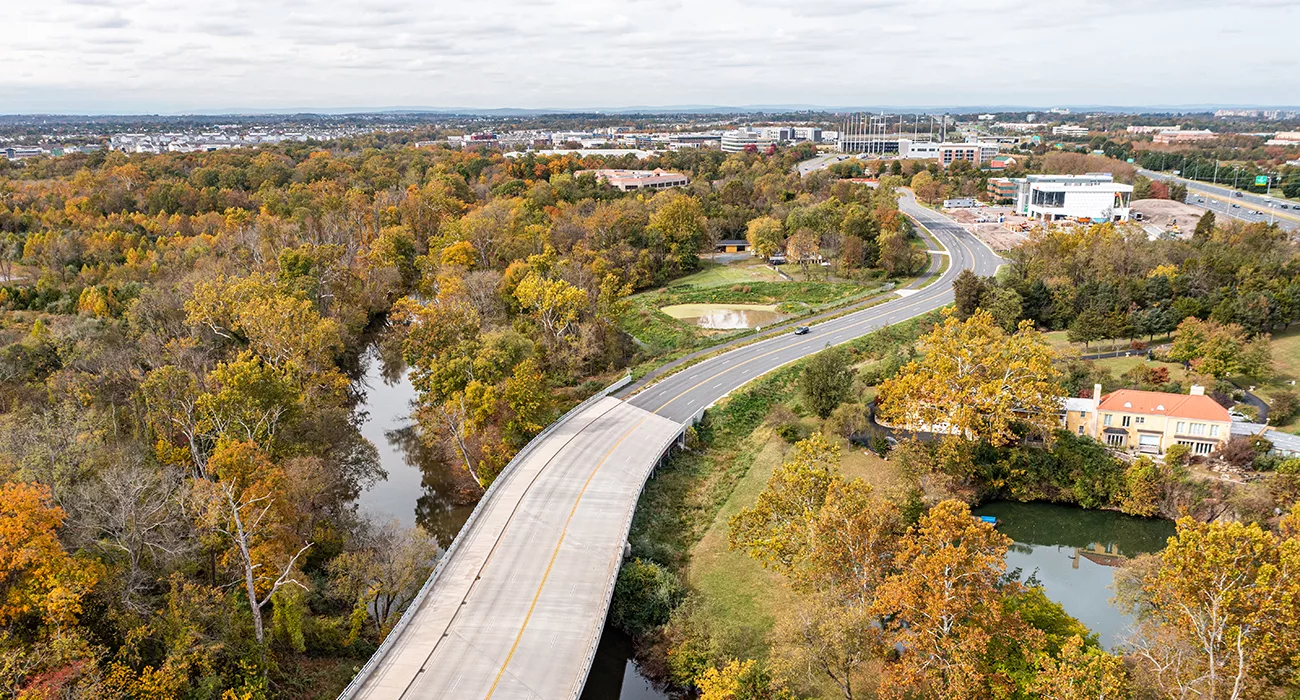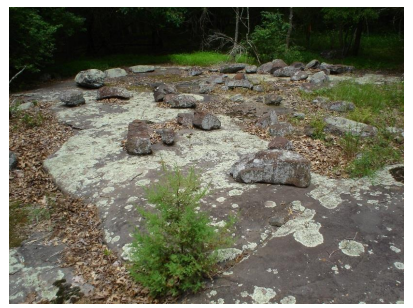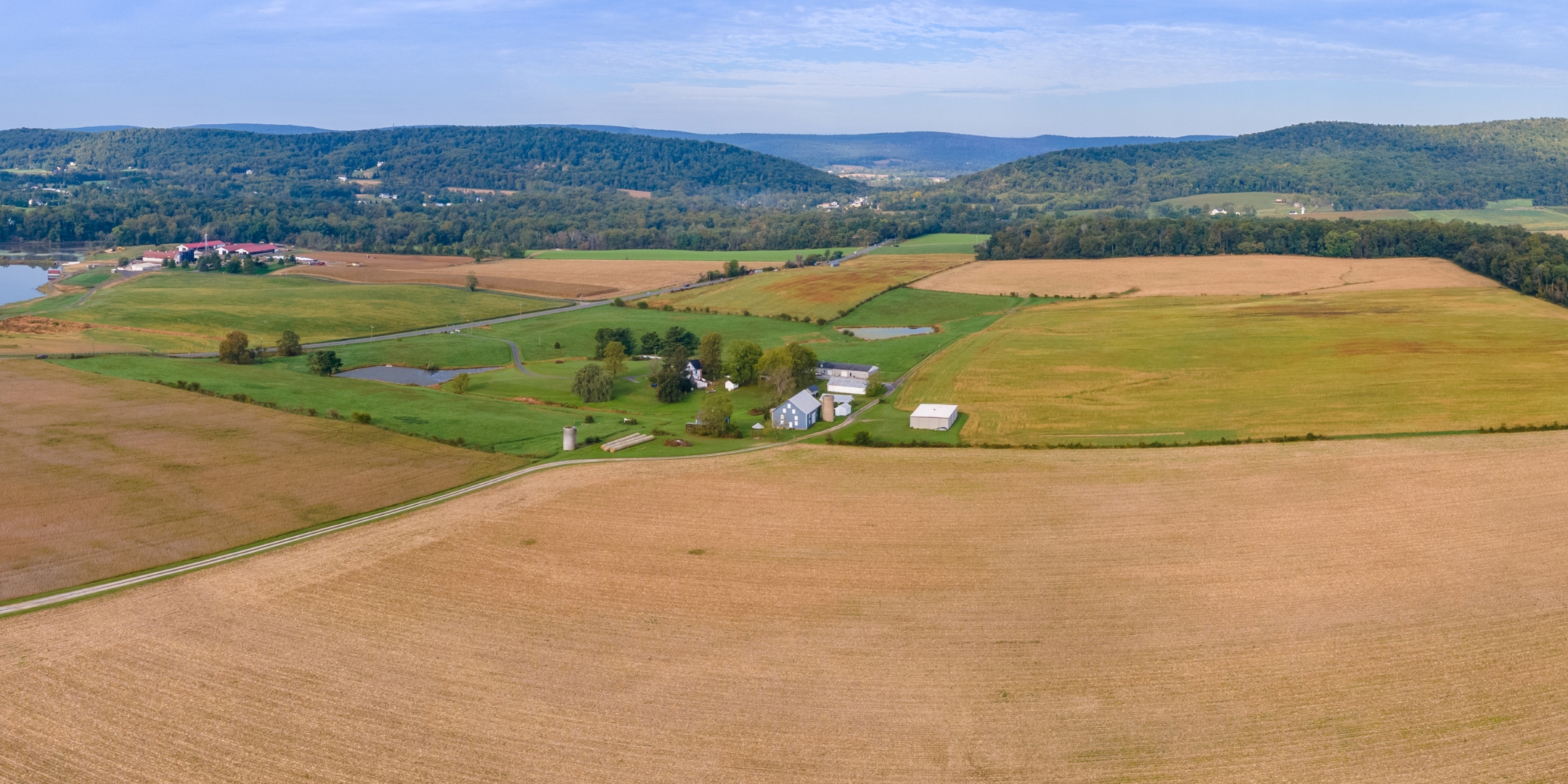The following text was sent out via email on July 24, 2023. Sign up for PEC email alerts →

Dear Supporter,
As we’ve mentioned in prior emails, Loudoun is updating its Zoning Ordinance, which is a key document for regulating land use and development as outlined in the Comprehensive Plan. Of particular relevance, the Zoning Ordinance impacts how land use is managed and how natural, agricultural and historic resources are protected – affecting the livability and sustainability of Loudoun in the coming years.
As Loudoun grows, there is a need to improve development standards to protect residents’ quality of life and preserve our valuable open spaces. Loudoun’s Zoning Ordinance rewrite is an opportunity to do so by bringing zoning rules in line with the vision of the 2019 Comprehensive Plan.
On July 26, the Board of Supervisors will hold its first of two public hearings on potential revisions to the Planning Commission’s Draft Zoning Ordinance. PEC and partners have been meeting with the County to advocate for improvements to the draft since the process began in 2020. We think the County has done a good job of bringing the Zoning Ordinance in line with the Comprehensive Plan so far and hope the Board will move toward passing the Ordinance this fall.
Board of Supervisors Public Hearing
Wednesday, July 26 @ 6 p.m.
Board Room of the Government Center, 1 Harrison St. SE, Leesburg
We encourage you to attend and sign up to speak in favor of adopting the ordinance. If you are unable to attend in person or remotely, please send a letter with your thoughts. There will also be follow-up work sessions to attend through November.
What we support in the draft
The draft that will be reviewed on Wednesday has already been through multiple rounds of input from the public and the Planning Commission. While it’s not perfect, we’ve seen some positive revisions proposed in the current draft that include:
Improved development standards
- More open space to accommodate passive and active recreation and to preserve mature trees, high quality habitats, historic features, and burial grounds on development sites;
- Increased setbacks and more protection for residential properties next to data centers and use-specific standards to improve their design;
- Reduced commercial parking requirements;
- Increased requirement for residential parking, with optional reductions when alternative transit options are provided (i.e. credits to the developer for bike parking, ride-sharing, shuttle or if the development is close to public transit);
- Context-sensitive gradient for new development next to residential areas to increase compatibility with adjacent communities; and
- Use-specific standards for new uses such as accessory dwelling and live-work units.
Increased protection for natural resources
- Larger streamside (RSCR) buffers, that help filter out pollutants from streams and provide habitat and wildlife corridors;
- Elimination of athletic fields in the major floodplains;
- Bigger buffers around sensitive features in the mountainside area and greater protections in mountainside and steep slope areas;
- Development must not disturb Natural Heritage Resources identified by Virginia’s Department of Conservation and Recreation, or wildlife and habitats identified by its Department of Wildlife Resources; and
- New use-specific standards for any uses that are allowed in RSCR buffer areas.

What still needs work
The biggest complaint PEC hears from Loudoun residents is the offsite impacts of new neighboring uses on quality of life: noise, lights, traffic, a looming presence next to their properties, etc.
Development can have a positive or negative impact on the community. The County has a responsibility to regulate the type, scale, intensity, and design of land uses like data centers and rural-based non-agricultural commercial businesses in a way that protects residents’ health, safety and welfare and enhances the quality of life of residents.
In addition to the revisions above, the County could adopt some technical edits to existing standards to limit noise and lighting impacts for all uses.
Other topics that the Board may address after the first public hearing include refinement of credits for different types of open space provided by developers, mountainside uses, attainable/affordable housing regulations, a definition for what a farm is, and appropriate signage in rural areas. Since the 2019 Comprehensive Plan didn’t change rural or data center policies or have much in the way of sustainability policies, related zoning changes have been limited. You may also want to encourage the Board to prioritize these anticipated Comprehensive Plan amendments upon adoption of the ordinance.
If you share these concerns or have others, it is important you provide comments with your personal experiences to the Board during this rewrite process. PEC will be continuing to work with partners to provide further input on these outstanding issues and technical details.
Next steps
Following the July 26 public hearing, the Board will take its August break, and then get started on weekly work sessions to address questions and concerns about the draft. That process is expected to be complete in November, at which point the Board will hold another public hearing and vote to adopt the new Zoning Ordinance.
Adoption will trigger related improvements in the Facilities Standards Manual (FSM), a companion document that outlines specifics in the construction processes affecting environmental, heritage and other details of development.
While this draft holds many great improvements for Loudoun residents and businesses, we won’t see any of the benefits unless it is adopted. This is why it’s important that you attend the public hearing on Wednesday or write to the Board of Supervisors.

There’s also more to be done to ensure Loudoun remains a great place to live, work and play.
Once the Zoning Ordinance is adopted, the Board can begin to address outstanding issues through the use of zoning text amendments (some also requiring amendments to the 2019 Comprehensive Plan). This includes text changes to the Rural Economy and Data Center use standards in the Zoning Ordinance and updates to the Floodplain Overlay District, and a new Purchase of Development Rights Ordinance and new Community Solar regulations.
We will be alerting you to these advocacy opportunities once the Zoning Ordinance rewrite is complete. In the meantime, I hope to see you at the public hearing on July 26 and at the upcoming work sessions!
Best,
Gem Bingol
Senior Land Use Field Representative – Loudoun
gbingol@pecva.org
540-347-2334 ext. 7041
P.S. In related news, the draft Prime Soils and Cluster Subdivision Ordinance is still under review by the Planning Commission. This draft will continue through a separate public process and will be merged with the final version of the Zoning Ordinance Rewrite before year-end. For now, the County has hired a consultant to provide scenarios based on the current draft language to scope out any unintended consequences of the ordinance. That report will be presented to the Planning Commission at their September 14 work session and public hearing.
